CONTENT
Resources for Early Child Development
Prime Time Program
The First 2000 Days
Healthy Parents Healthy Children
Pregnancy & Birth
Books for Parents
Books for Grandparents
Read With Your Child
Activities to Strengthen Executive Function
The Whole-Brain Child
Brain Matters: a film about early childhood development
Resources for Early Child Development
We provide resources for parents, grandparents and child caregivers to help them to learn more about ways to enhance early childhood development. These resources are from organizations that provide information based on evidence.
We provide support to the Prime Time program offered by carya: an in-home coaching and skills-building program that helps Calgary families with children from birth to six years of age.
Prime Time Program
Prime Time works with expecting parents and parents with children ages six and under. Nobody is born ready to deal with everything that parenthood entails. If your parenting journey has you feeling stressed out, isolated or overwhelmed, carya’s Prime Time program is here to help.
Prime Time is a free program to anyone living in Calgary.
More information here or call 403-269-9888.
The First 2000 Days
The phrase “the first 2000 days” refers to the period of time between the birth of your child and when they start kindergarten. During these early years, your child will go through many stages of development. Physical growth is the most obvious but the child must also develop emotional and social skills.
Raising a child is one of the most important things you will do. You can learn about parenting skills for each stage.
Research is clear about what children need from their caregivers to thrive. Growing children need two essential things from their parents and caregivers: warmth and structure throughout each stage of development.
Healthy Parents Healthy Children p. 12
Healthy Parents Healthy Children
Alberta Health Services has a website titled Healthy Parents Healthy Children that you can search for age-specific information. Here, you will find interactive tools, videos and checklists. You can search the online resource I’m a Parent which covers many topics of interest to parents (and grandparents) of babies, infants, toddlers, preschoolers and young children. There is a lot to know about raising a child. You can download a book – The Early Years – which is based on today’s knowledge, evidence and best practices.
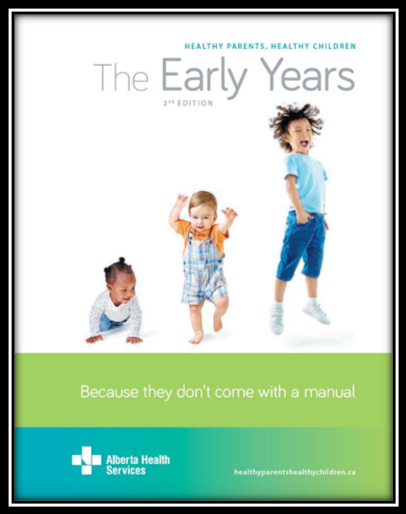
We have provided a copy of the book.
The Early Years 2nd Ed
Pregnancy & Birth
Healthy childhood begins in pregnancy. Healthy Parents Healthy Child has an online, searchable resource online resource for you – and your partner – to help guide you from the early stages of pregnancy to the moment of birth. I’m Pregnant
There is also a book that provides information to help you have the healthiest pregnancy possible.
Pregnancy & Birth
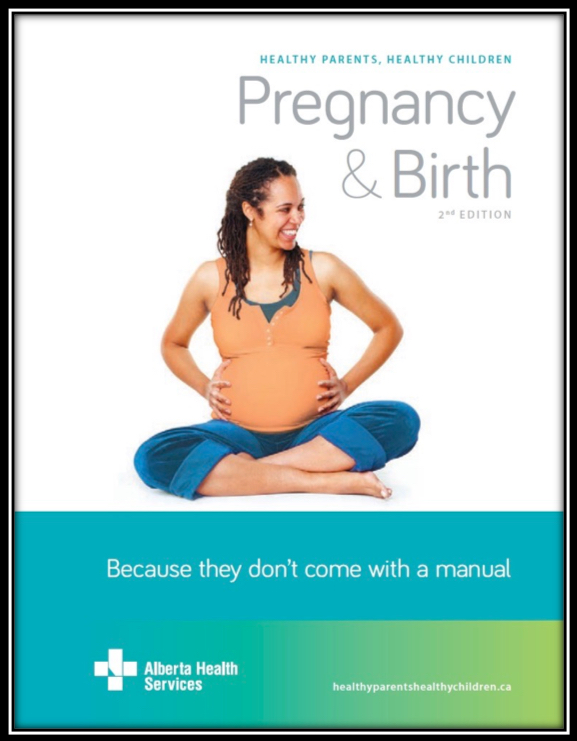
Pregnancy & Birth 2nd edition
Families are as unique as the people in them. Your family might include a mother and father, same-sex parents, adoptive parents, foster parents, grandparents, brothers, sisters, aunts, uncles or close friends living together or on their own. This website is for you and your family!
Healthy Parents Healthy Children
Books for Parents
WHY READ?
“Reading won’t magically transform everything, but it can be helpful when you are feeling stuck or confused. In fact, a book may be the last place we turn when we are exhausted or overwhelmed. But you’ll be surprised at how accessible and helpful, fresh and insightful the new information is. You will find out things about yourself, your partner, your children; you’ll laugh, you may cry and you’ll be amazed at how this information can go a long way to helping you become more aware capable, relaxed, empathetic, understanding and joyful within your family and beyond.” Gail Smillie, M. Ed.
Click for a handout of this reading list. Reading for Parents
Scroll down to see the guides for Activities That Strengthen Executive Function. Provided by The Centre on the Developing Child at Harvard University.
Check out the other resources on this page. (See below.)
The book by Siegal & Bryson, The Whole Brain Child has a summary sheet that you can download.
Books for Grandparents
Grandparents play a very important role in the healthy development of their grandchildren. If you are a modern grandparent, you are likely interested in learning more about new principles of parenting that promote physical, emotional and social child development. Principles that you can use for your grandchildren.
Are the following phrases familiar to you? Or would you like to learn more about them?
- integrating the right and left brain
- integrating the upstairs brain and the downstairs brain
- serve and return interactions
- co-regulation and self-regulation
- executive functioning skills
We have compiled a list of books for grandparents. You can download Reading for Grandparents.
Scroll down for the guides for Activities that Strengthen Executive Function. Provided by The Centre on the Developing Child at Harvard University.
Read With Your Child
Reading to babies, infants and children is an important activity that parents/grandparents can do to help promote healthy brain development.
Reading aloud helps your baby and child get to know sounds, words and language. It sparks your child’s imagination.
Do you know that children’s books can be helpful in talking with children about specific issues or concerns? For example, if your child needs to learn ways to become more calm, there are books that talk about things to do in ways that children understand. We have a handout with a few books to consider. We also recommend talking to staff at the Calgary Public Library; they are very helpful and knowledgeable about children’s literature.
Download Read With Your Child
Activities to Strengthen Executive Function
Research suggests that “executive functions” are critical to success in school and in life.
“Executive functions” allow us to:
organize and direct our behaviour,
solve problems,
and sustain healthy relationships with others.
These skills are best learned in a predictable, low-stress and interactive environment. This includes the home and a day-care or preschool program.
Particular activities can strengthen key components of executive function and self-regulation.
The Centre on the Developing Child at Harvard University has developed three activity guides for:
6 to 18 month-old
18 to 36 month-old
3 to 5 years-old
Click on the links to download a pdf guide for each age group.
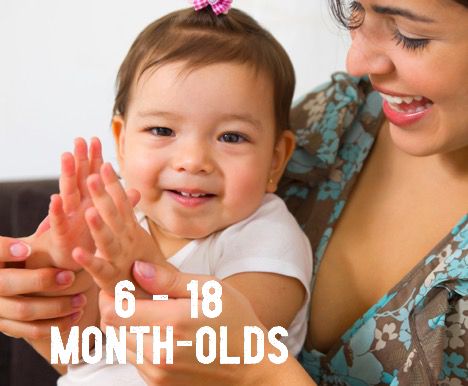
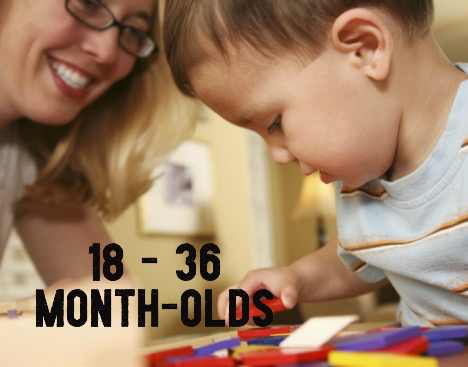
18 to 36 month-olds
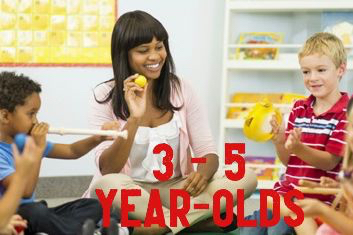
3 to 5 Year-Olds
The Whole-Brain Child
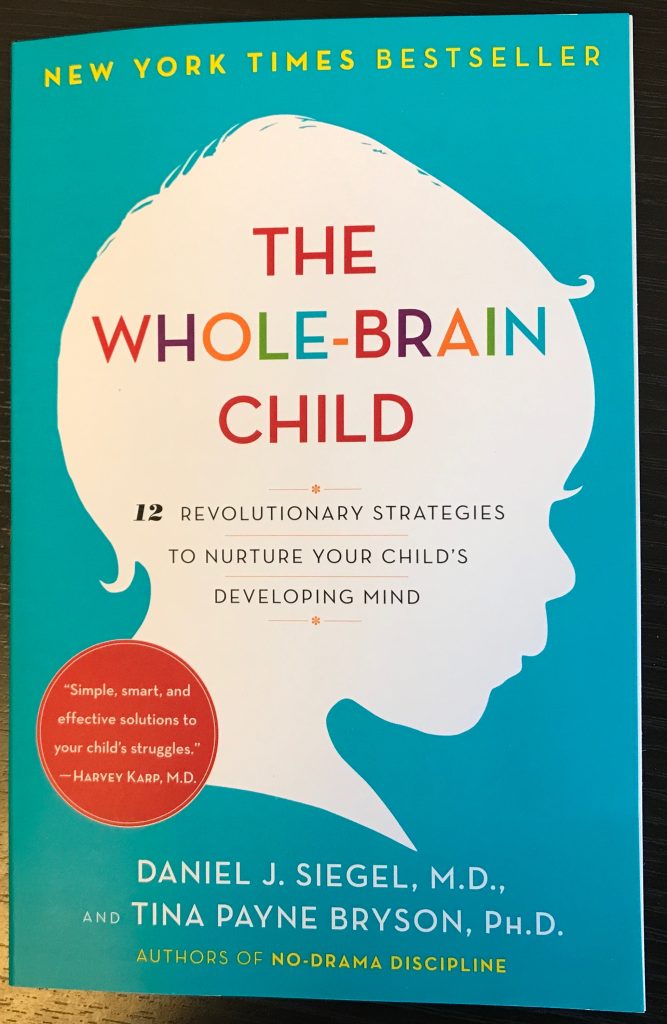
The Whole-Brain Child: Revolutionary Strategies to Nurture Your Child’s Developing Mind
Daniel J. Siegel, M. D. and Tina Payne Bryson, Ph. D.
Daniel Siegel, neuropsychiatrist and pediatric/adolescent psychotherapist.
Siegal and Bryson have written this book with “age-appropriate strategies for dealing with day-to-day struggles.” They provide clear explanations to show “how to cultivate healthy emotional and intellectual development so your children can lead balanced, meaningful, and connected lives.”
What do parents want?
To survive the difficult parenting moments.
For kids to thrive and the family to thrive.
“It’s extremely difficult to raise children, and sometimes the best we can do is just get through the moment.”
Siegal and Bryson have published a handout with a summary of the highlights of each chapter and and what you can do: download Refrigerator Sheet handout
Brain Matters: a film about early childhood development
Why do some children grow up healthy and achieve their potential, while others do not. This film explores the importance of early childhood development.
